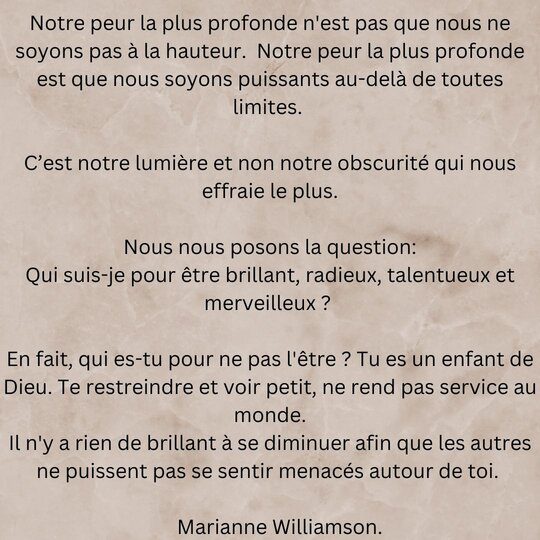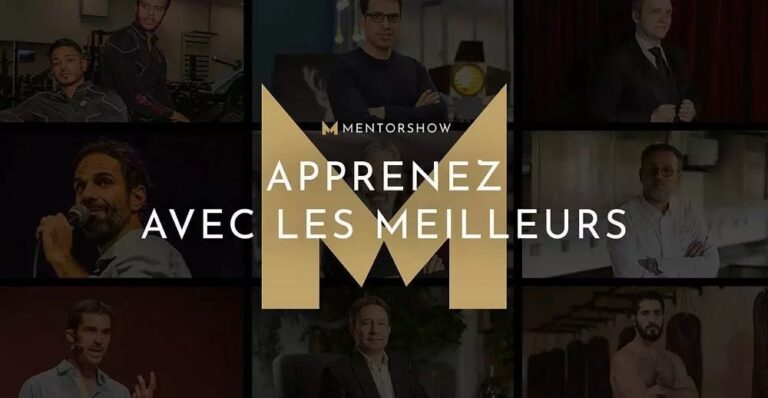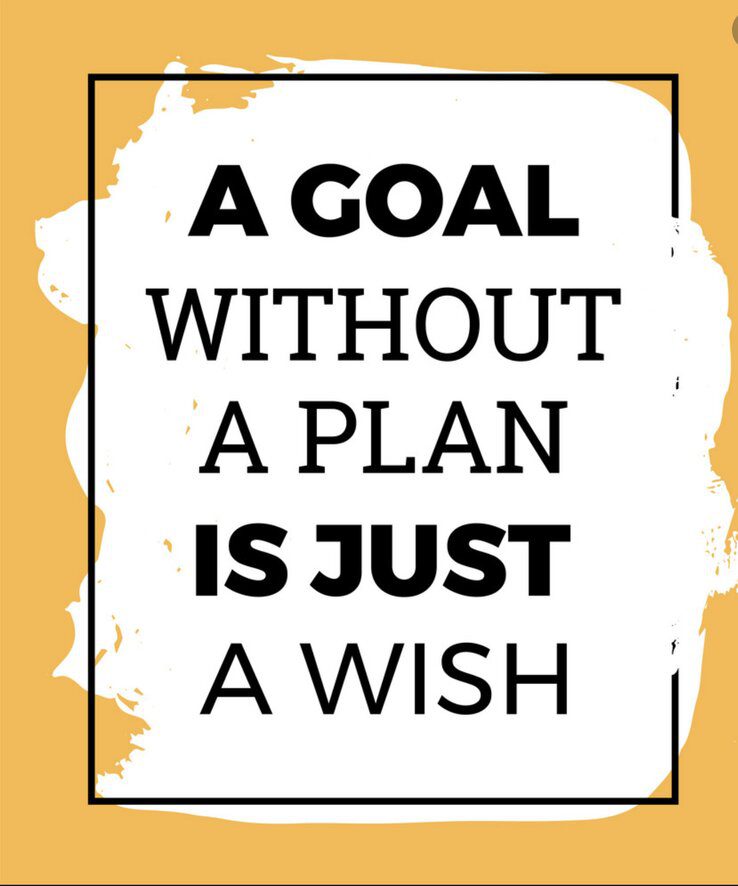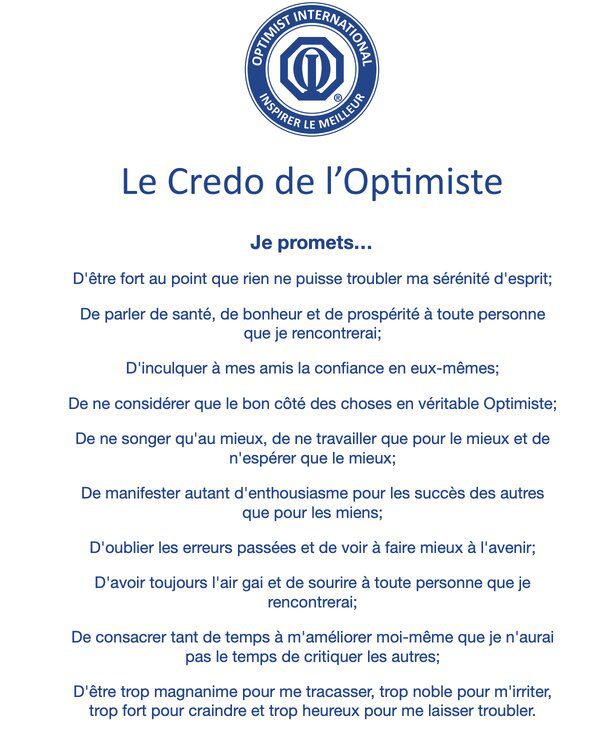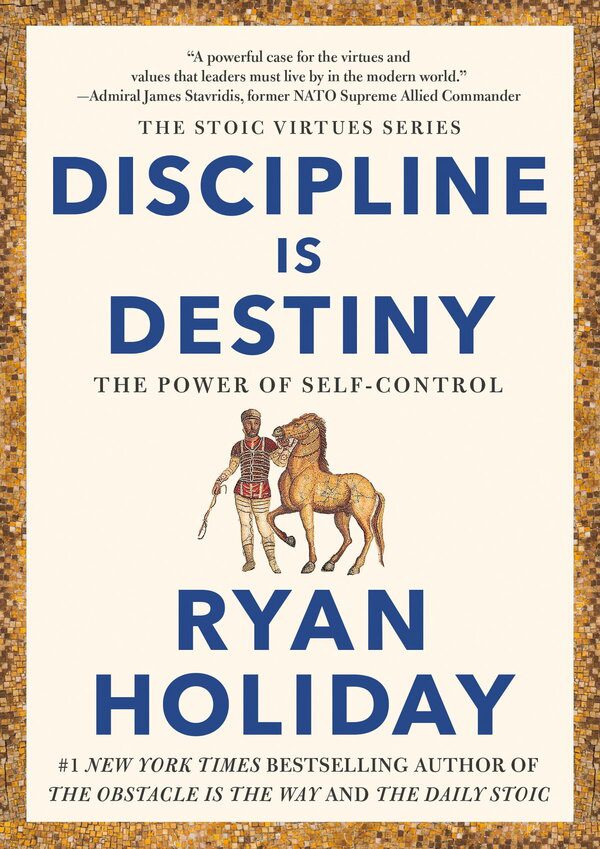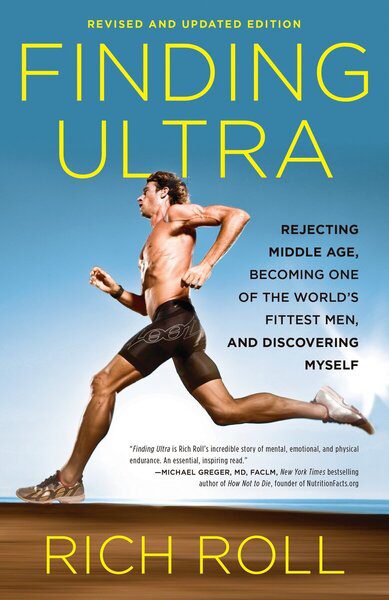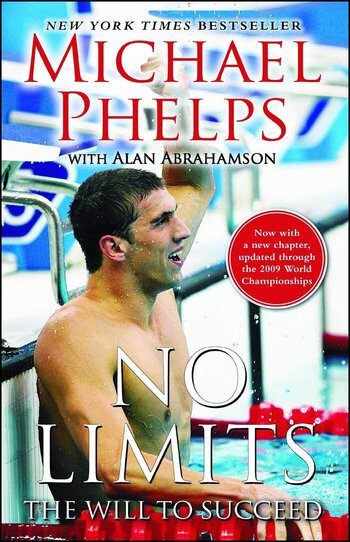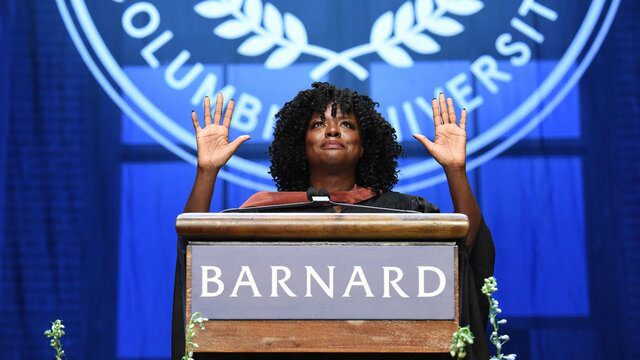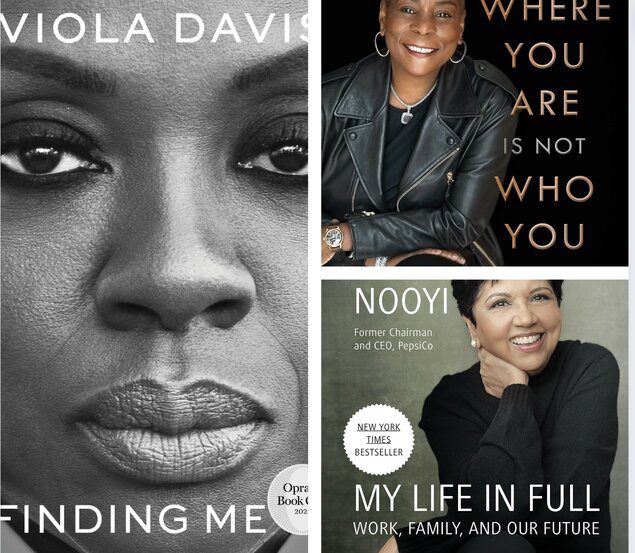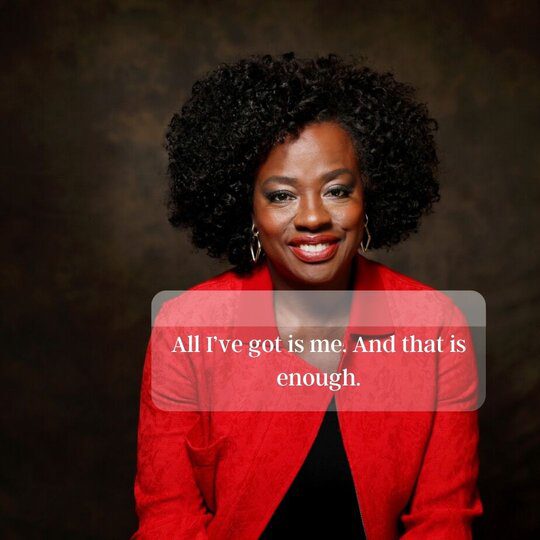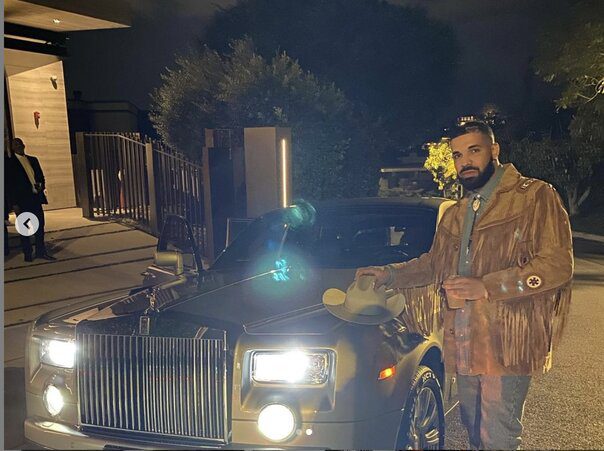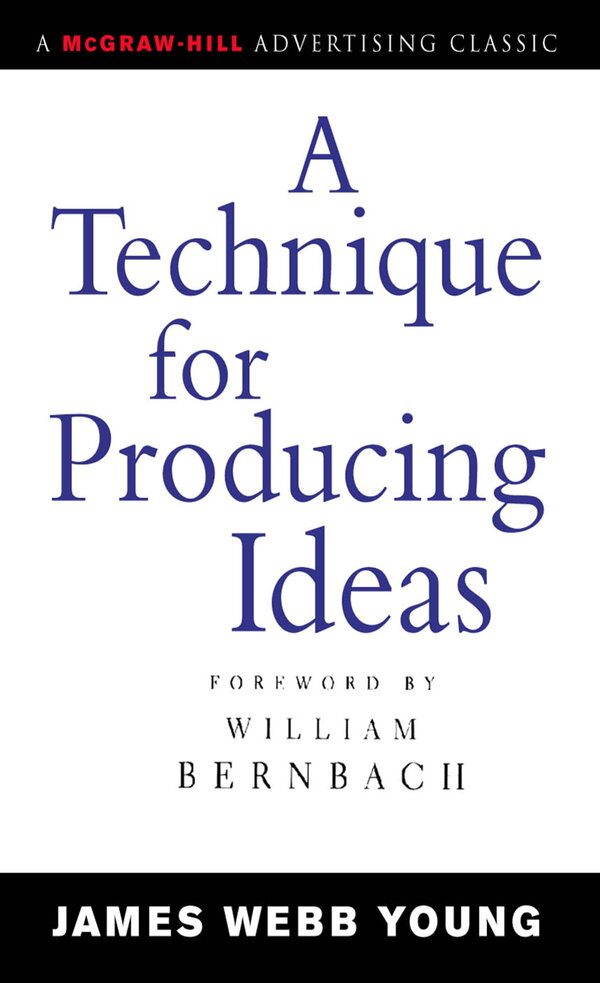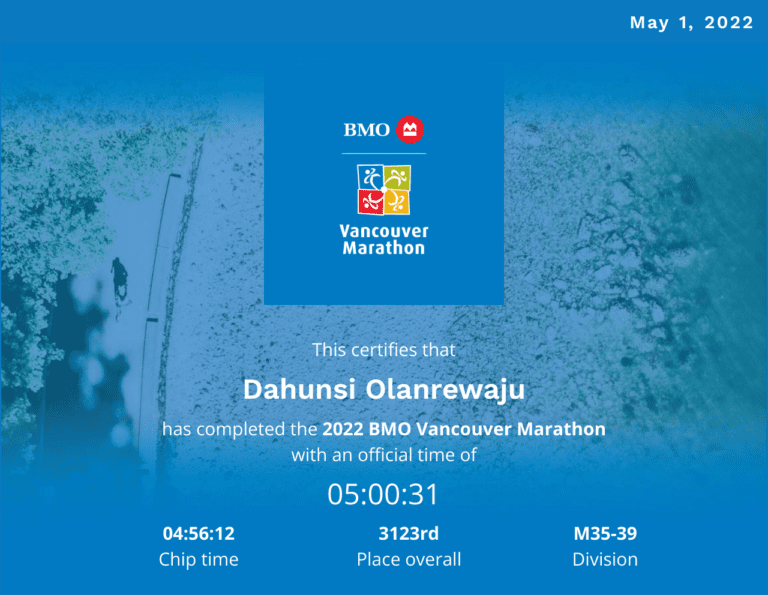Titre: Notre peur la plus profonde
Auteur: Marianne Williamson
La source: Un retour à l’amour : manuel de psychothérapie spirituelle : lacher prise,pardonner,aimer de Marianne Williamson
Films cités: Les Mots d’Akeelah, Coach Carter
MentorShow – la plateforme pour apprendre avec les meilleurs.
Chaque samedi, Je regardais l’emission américaine sur site du web – Masterclass.com. J’aime regarder des experts partagent leur leçons apprises, connaissances et experience. J’aime Masterclass.com beaucoup, apres avoir fini regarder chaque emission; je résume le leçons que j’ai apprises.
“I am a Bestselling Writer. I write Bestselling Books. Every day in every way, I am researching and writing my award-winning Bestselling Books and short stories. Every one of my books reaches and remains for two or more months at the top of the bestseller lists. So Be It! See To It!”
The above is a journal entry (note to self) of American science fiction author Octavia Butler. She often wrote these motivational notes to help her stay committed to her goals and have something to reach for. Octavia went on to become the first science-fiction writer to receive a MacArthur Fellowship. She also is the first woman of colour to win both the Hugo and Nebula awards. Her published works include Kindred Wild Seed, Parable of the Sower, and Parable of the Talents,
Be careful what you ask for; you might get it.

I shall be a bestselling writer. After Imago, each of my books will be on the bestseller lists of LAT, NYT, PW, WP, etc. My novels will go onto the above lists whether publishers push them hard or not, whether I’m paid a high advance or not, whether I ever win another award or not.
This is my life. I write bestselling novels. My novels go onto the bestseller lists on or shortly after publication. My novels each travel up to the top of the bestseller lists and they reach the top and they stay on top for months . Each of my novels does this.
So be it! I will find the way to do this. See to it! So be it! See to it!
My books will be read by millions of people!
I will buy a beautiful home in an excellent neighborhood
I will send poor black youngsters to Clarion or other writer’s workshops
I will help poor black youngsters broaden their horizons
I will help poor black youngsters go to college
I will get the best of health care for my mother and myself
I will hire a car whenever I want or need to.
I will travel whenever and wherever in the world that I choose
My books will be read by millions of people!
So be it! See to it!
“I am a Bestselling Writer. I write Bestselling Books . . . Every day in every way I am researching and writing my award winning Best selling Books and short stories . . . Everyone of my books reaches and remains for two or more months at the top of the bestseller lists . . . . So Be It! See To It.”
In October 2021, I decided to learn how to swim. Just like any new skill, the process of learning to swim was not as easy in the beginning, but I kept at it day in and day out. I kept showing up at the swimming pool, getting tips from fellow swimmers, and lifeguards at the YMCA, watching hours of Youtube swimming videos, reading books, watching documentaries and most importantly, trusting the process. I am not where I want to be swimming-wise but am not where I used to be.
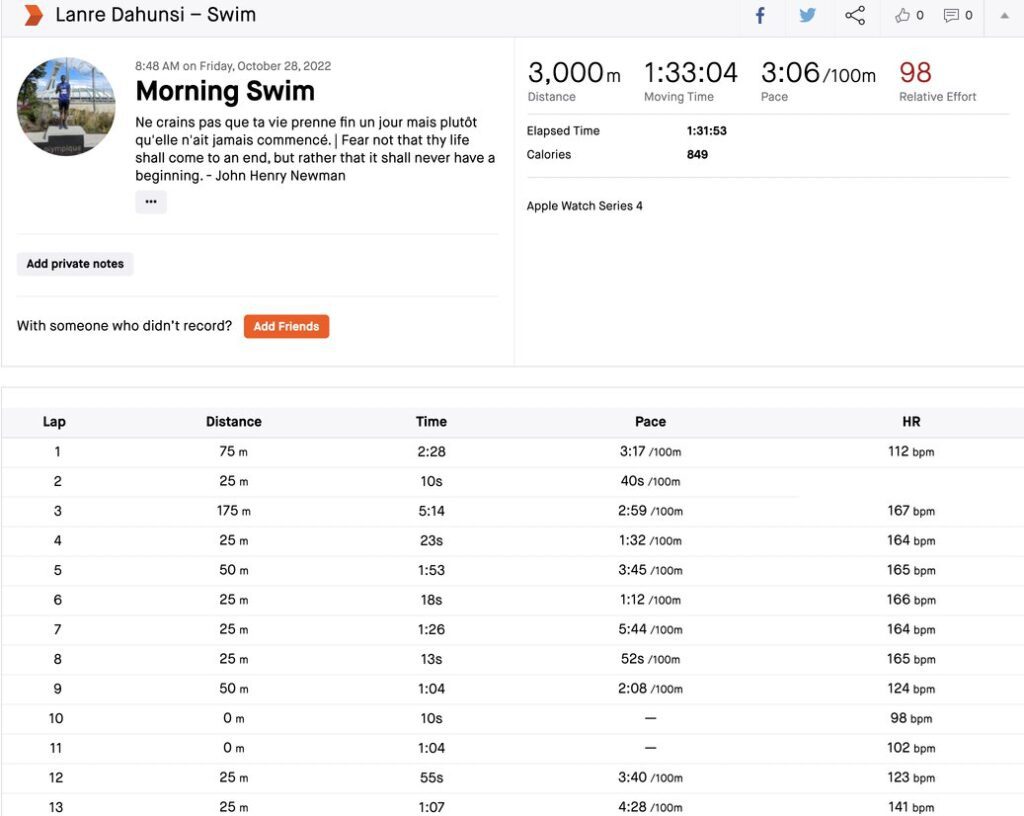
Selon la page Web officielle d’Optimist International :
En octobre 1920, on publie le premier numéro de la revue l’Optimiste. On demande à chacun des 27 clubs de faire connaître, mensuellement, des nouvelles de leur club.
En 1922, l’organisation adopte officiellement le Credo de l’Optimiste. Écrit par Christian Larson, le Credo avait été publié, à l’origine, en 1912, dans le cadre d’un article intitulé « Je promets ». Les Optimistes de la Californie trouvaient que l’énoncé de 10 lignes exprimait l’esprit optimiste en termes bien sentis, et ils réclamèrent son adoption par l’ensemble de l’organisation. La conjointe de James V. Westervelt, un Optimiste de Los Angeles, a vu l’article dans un journal et elle l’a relevé pour son mari. Après l’avoir publié dans le bulletin de son club, Westervelt et autres Optimistes de Los Angeles a invité les autres clubs californiens à adopter le Credo. Peu après, le Credo jouissait d’une popularité grandissante.
“Self-discipline is giving everything you have . . . and knowing what to hold back.”
In Discipline Is Destiny: The Power of Self-Control, American best-selling author Ryan Holiday profiles the great individuals that used self-discipline to become a greater version of themselves. Discipline Is Destiny is the second book of Ryan Stoic cardinal virtues of ancient philosophy which is composed of four key components: Courage. Temperance. Justice. Wisdom. In the first book in the series: Courage is Calling: Fortune Favors the Brave, Ryan makes the case for making bold bets and explores the courageous practice of historical and contemporary leaders.
Rich Roll’s Podcast is one of my favourite podcasts to listen to as part of my 365 Podcast Listening Challenge. Rich interviews ultra-athletes, wellness evangelists and personal development professionals to demystify what makes them thick. In Finding Ultra, Revised and Updated Edition: Rejecting Middle Age, Becoming One of the World’s Fittest Men, and Discovering Myself, Rich Roll writes about the mid-life transformation and self-discovery that he underwent at the age of 40, his approach to endurance adventure (Ultraman World Championships, EPIC5 CHALLENGE) and a plant-based diet.
Finding Ultra is a very inspiring book, and I would highly recommend it to anyone on a journey of self-discovery and self-actualization. Rich shared lessons learned, the roller coaster of endurance training and sustaining the lifestyle of an endurance athlete.
They say that the mental aspect of sports is just as important as the physical part. There can be no doubt about that: Being mentally tough is critical. At an Olympic final, you know everybody has physical talent. So, who’s going to win? The mentally toughest.
In No Limits: The Will to Succeed, Swimmer and Olympian with the most medals (28), Micheal Phelps shares the secrets, insights, and lessons learned on becoming one of the most remarkable athletes of our generation. True to one of his mottos: “Performance is Reality,” Phelps is relentless in his training regimen, mental preparation and passionate about execution through visualization and other techniques.
Phelps also writes about the influence of his family (mum and sisters) and his coach, Bob Bowman on his performance and worldview.
No Limit
If you put a limit on anything, you put a limit on how far you can go. I don’t think anything is too high. The more you use your imagination, the faster you go. If you think about doing the unthinkable, you can. The sky is the limit. That’s one thing I definitely have learned from Bob: Anything is possible.
It’s like that at the Olympic Games. Years of training, of hard work, of desire and discipline—all of it compressed into minutes, sometimes just seconds, and time seems to stand still as history plays itself out.
American actress Viola Davis, star of ABC’s critically acclaimed show “How to Get Away with Murder,” delivered the keynote address to the Class of 2019 at Barnard’s 127th Commencement on Monday, May 20, 2019 at Radio City Music Hall. She spoke about America’s complicated history, rising above childhood poverty, and making it against all odds.
Life happens to us all at some point, some of us are born poor, and dealt with childhood trauma, domestic violence, childhood sexual abuse, and addiction among other challenges. Your history is not your destiny. Where you are right now is who you are. We often mistake our life situation with our destiny but one of the greatest tools we have is our ability to change our course of direction at any point in time by deciding to. As American psychologist, William James once observed; The greatest discovery of my generation is that a human being can alter his life by altering his attitudes.
The greatest discovery of my generation is that a human being can alter his life by altering his attitudes. – William James
Your job and environment are not who you are. One of the most transformative questions, we all have to answer at some point is: “Who are you? Why I am here? The moment you answer these questions and really know what your purpose here is, you are going to go places.
- Ursula Burns was raised by her immigrant mum in poverty but against all odds was named the CEO of Xerox, making her the first African American woman CEO of a Fortune 500 company.
- Indra Nooyi grew up in India with humble beginnings but rose to become the CEO of Pepsico which is the second-largest food and beverage company in the world.
- Viola Davis grew up in abject poverty, domestic violence, childhood trauma and brokenness but she overcame it all to become one of the most recognized faces on TV with an Oscar, Primetime Emmy Award and two Tony Awards becoming the only African-American to achieve the Triple Crown of acting.
How did these 3 inspiring women who grew up in challenging environments rise to the top of their professions against all odds and challenges stacked against them? They decided to take their destiny in their hands, they studied hard, built relationships, created their luck, prepared for their opportunities and executed relentlessly. Here are some great insights from the biographies of these 3 great women on how they did it:
In her autobiography, Where You Are Is Not Who You Are: A Memoir, the first African American woman CEO of a Fortune 500 company, Ursula Burn chronicles her story of growing up in poverty and the lessons learned on her path to greatness. She writes:
As a Black woman, I had to prove myself worthy of whatever position I was in because my coworkers would cut me no slack. I hadn’t slept my way up the chain. I wasn’t the recipient of preferential treatment. I wanted to make sure that the audience knew that I’d earned my position. To do that, I made sure they understood that I knew at least as much as anyone in the room. It was a defense mechanism against the assumption that I didn’t belong.
“My mother refused to have her children be defined by it. “Where you are is not who you are,” she told us time and again. I didn’t know what she was talking about.“
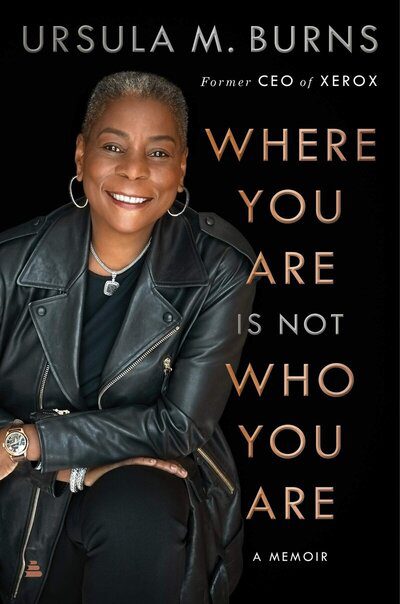
Poverty has a pace, and the sidewalks were crowded with people rushing around in a frantic fashion, people racing great distances to save $1 here or there or hurrying to stand in line for a handout.
Indra Nooyi grew up in India and was named PepsiCo CEO in 2006 making her the first woman of colour and immigrant to run a Fortune 50 company. In her autobiography, My Life in Full: Work, Family, and Our Future, she writes about her journey from rural India to leading a multinational company.
Mine is not an immigrant story of hardship—of fighting my way to America to escape poverty, persecution, or war. I don’t know what it feels like to be a refugee, homeless because my own country is in crisis. I spoke English. I had landed in the US with $500. I was at Yale. And I had the safety net of my family in India, a place that I was familiar with and loved and that would take me back.
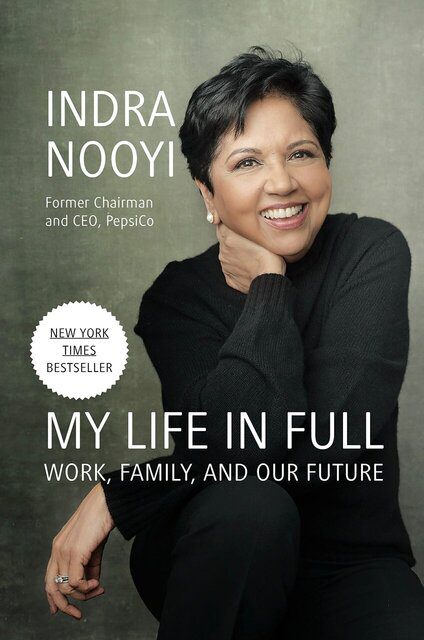
“I had no money to spare. My scholarships and loans totaled about $15,000 a year, roughly evenly split, and I spent almost all on tuition, room, and board. I took a job working the front desk and the manual switchboard at Helen Hadley Hall three to four days a week, earning $3.85 an hour for midnight to 5 a.m. That was fifty cents an hour more than the daytime slot and $1.20 more than the minimum wage, which was $2.65 in those days. When the phone rang at reception, I’d buzz a resident’s room and put the call through to the hallway phone. All night, students ran down the hall in their nightwear and slippers to get their calls. I monitored the front door, sorted the mail, and did my homework.”
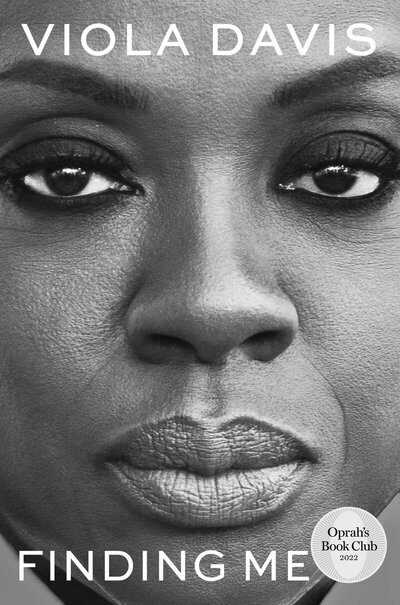
In Finding Me: A Memoir, American actress Viola Davis describes her roller-coaster journey from growing up in abject poverty to Hollywood fame. She writes:
“We were “po.” That’s a level lower than poor. I’ve heard some of my friends say, “We were poor, too, but I just didn’t know it until I got older.” We were poor and we knew it. There was absolutely no disputing it. It was reflected in the apartments we lived in, where we shopped for clothes and furniture—the St. Vincent de Paul—the food stamps that were never enough to fully feed us, and the welfare checks. We were “po.” We almost never had a phone. Often, we had no hot water or gas. We had to use a hot plate, which increased the electric bill. The plumbing was shoddy, so the toilets never flushed.
You know, when you’re poor, you live in an alternate reality. It’s not that we have problems different from everyone else, but we don’t have the resources to mask them. We’ve been stripped clean of social protocol. There’s an understanding that everyone is trying to survive and who is going to get in the way of that?
As the stories of these great women shows, your history is not who you are and with persistence and commitment, all things are possible. Inspite of their humble background, Ursula Burns became the CEO of XEROX, Indra Nooyi became the first African American woman CEO of a Fortune 500 company and Violas Davis became an Hollywood superstar despite the poverty, abuse and trauma of her childhood.
All the Best in your quest to get Better. Don’t Settle: Live with Passion.
In Finding Me: A Memoir, American actress Viola Davis shares her story of personal transformation, reinvention and changing her story. Here are some great quotatable quotes from Finding Me: A Memoir by Viola Davis:
- Memories are immortal. They’re deathless and precise. They have the power of giving you joy and perspective in hard times. Or, they can strangle you. Define you in a way that’s based more in other people’s tucked-up perceptions than truth.
We were “po.” That’s a level lower than poor.
In Finding Me: A Memoir, American actress Viola Davis chronicles her roller-coaster journey from growing up in abject poverty to Hollywood fame. Viola is deeply personal, vulnerable, reflective, funny and emotional about the path she took from being a scared young girl to becoming one of the most influential actresses of her generation. I am a super fan of How to Get Away with Murder, a legal thriller in which Viola stars as Annalise Keating, a law professor; the series is one of the few television shows that I followed religiously when it was airing. I teared up a lot reading Finding Me by Viola Davis as I could connect to her story of growing up in poverty, dealing with childhood trauma, family drama, struggle, determination and eventual triumph.
Success is absolutely wonderful, but it’s not who you are. Who you are is measured by something way more abstract and emotional, ethereal, than outward success.
Your job is not to figure out how it’s going to happen for you, but to open the door in your head. And when the door opens in real life, just walk through it. And don’t worry if you miss your cue because there’s always doors opening. – Jim Carrey
Be careful what you ask for, you might get it. As author Napoleon Hill quipped in his 1937 book, Think and Grow Rich: “Whatever the mind can conceive and believe, it can achieve”. We all want the same things at some basic level: Wealth, Health, Success, Peace of Mind, Relationships, and Happiness. Our definition of these aspirations may vary but at some level, we are all striving for happiness. The power of manifesting and willing your heart desires is one of the great insights shared by most successful people such as Oprah Winfrey, Jim Carrey, Drake, J.K.Rowlings, Steve Harvey among others.
I think everybody should get rich and famous and do everything they ever dreamed of so they can see that it’s not the answer.” – Jim Carrey
First published in 1965, A Technique for Producing Ideas is a classic book used by advertising copywriters, poets and writers to generate great ideas. Young’s thought on the technique for producing great ideas was first presented to graduate students in advertising at the School of Business of the University of Chicago and later before several gatherings of active advertising practitioners.
In A Technique for Producing Ideas, American advertising executive and first chairman of The Advertising Council, James Webb Young highlights a five-step process for generating great ideas.
- First, the gathering of raw materials—both the materials of your immediate problem and the materials which come from a constant enrichment of your store of general knowledge.
- Second, the working over of these materials in your mind.
- Third, the incubating stage, where you let something beside the conscious mind do the work of synthesis.
- Fourth, the actual birth of the Idea—the “Eureka! I have it!” stage.
- And fifth, the final shaping and development of the idea to practical usefulness.
The 2022 BMO Vancouver Marathon was held on Sunday, May 1st, 2022 and it had a record 18,500 registered participants. The 2022 edition was special as it was the 50th Anniversary of the Marathon that began with 32 finishers in 1972. It was my first Marathon since the Global Pandemic and I was super delighted to participate in the event.
We started the Marathon behind schedule as a suspicious device was spotted near the Science World on the Half-Marathon track. The Fastest Male was Canadian Chris Balestrini who finished with a time of 2:23:56 and the fastest female at the BMO Vancouver Marathon was Canadian Olympian Dayna Pidhoresky who completed the run in 2:34:30.
